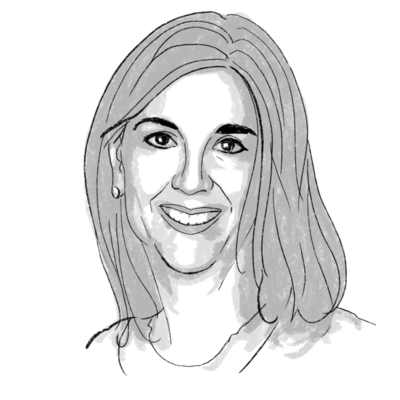Error loading media: File could not be played
00:0000:0000:00
00:00
 April Austin
April Austin
The headlines struck a provocative note: “Harvard’s atheist chaplain: It’s another sign of America’s growing secularism,” and “The New Chief Chaplain at Harvard? An Atheist.” The stories fed concerns that an elite, liberal university was pushing its secular agenda onto faith-based campus organizations. And this at a time when studies show fewer young people are affiliated with organized religion.
But the story turns out to be quite different.
The man who galvanized such attention, Greg Epstein, was elected unanimously last spring by 30 colleagues to serve as president of Harvard Chaplains. It wasn’t until news reports about him surfaced earlier this month that people took to social media to voice objections.
Mr. Epstein, who wrote the book “Good Without God: What a Billion Nonreligious People Do Believe,” is considered by his colleagues to be a thoughtful and experienced chaplain. The humanist tradition to which he belongs is more concerned with living a moral life through self-reflection, discussion, and good works than with adhering to doctrine or believing in a higher power.
One of Mr. Epstein’s peers, Pete Williamson, an evangelical Christian chaplain, wrote a defense of his colleague in Christianity Today. The article, “Why I Voted For the Atheist President of Harvard’s Chaplain Group,” explains that the media had mischaracterized the president’s role, which is to advocate on behalf of the entire group, including evangelical Christian, Protestant, Roman Catholic, Jewish, Muslim, and other chaplaincies.
“The mission of Epstein’s chaplaincy is not to convince people to become atheists but rather to serve students who find themselves without faith (of which there are many at Harvard),” Mr. Williamson writes. He also argues that the cooperative, interfaith nature of the group – which does not influence doctrine or hold sway over the independent chaplaincies – has made Harvard a more welcoming place for students who are religiously affiliated or interested in becoming so.

Our name is about honesty. The Monitor is owned by The Christian Science Church, and we’ve always been transparent about that.
The Church publishes the Monitor because it sees good journalism as vital to progress in the world. Since 1908, we’ve aimed “to injure no man, but to bless all mankind,” as our founder, Mary Baker Eddy, put it.
Here, you’ll find award-winning journalism not driven by commercial influences – a news organization that takes seriously its mission to uplift the world by seeking solutions and finding reasons for credible hope.
Explore values journalism About us